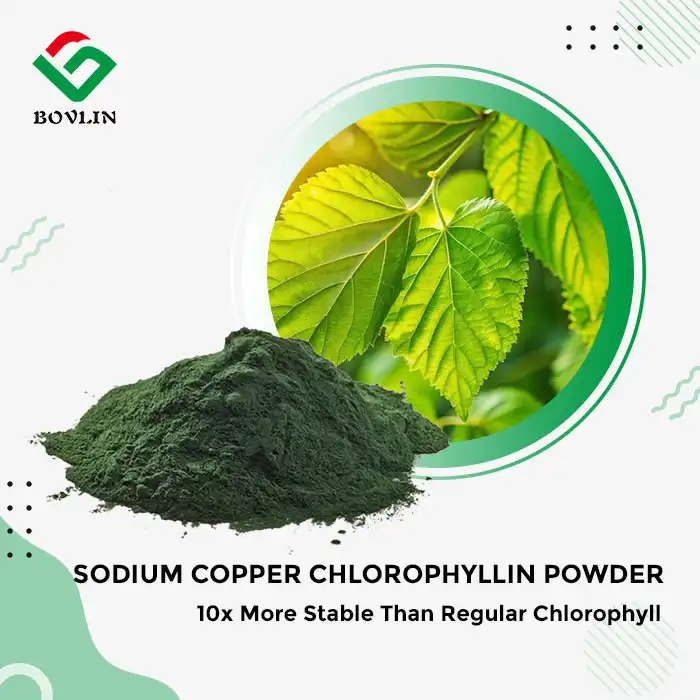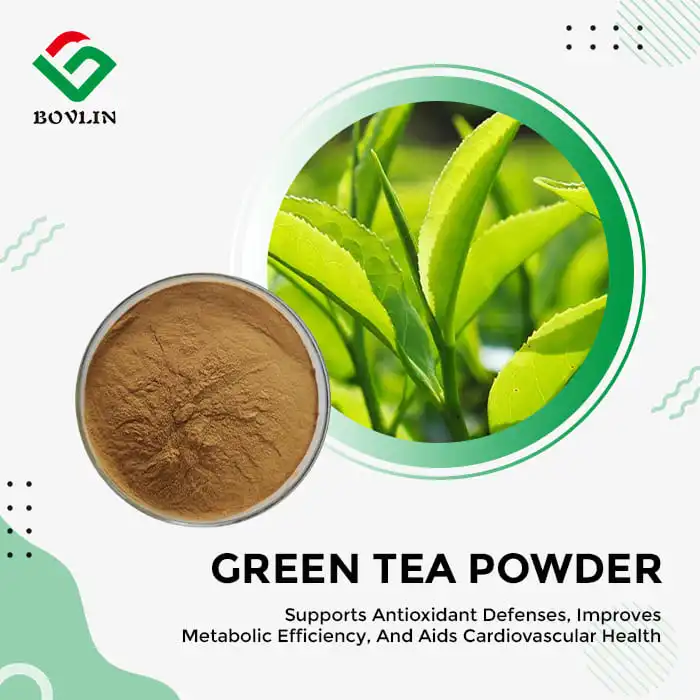What Neuroprotective Compounds Are Found in Walnut Peptides?
Antioxidant-Rich Peptide Fractions
Walnut peptides contain a diverse array of antioxidant-rich fractions that contribute to their neuroprotective properties. These peptide fragments are capable of neutralizing harmful free radicals and reducing oxidative stress in brain cells. The antioxidant activity of walnut peptides is attributed to their unique amino acid composition, which includes high levels of arginine, glutamic acid, and aspartic acid. These amino acids play crucial roles in maintaining cellular health and protecting neurons from damage.
Bioactive Peptide Sequences
Specific bioactive peptide sequences within walnut peptides have been identified as key contributors to their neuroprotective effects. These sequences, often consisting of 2-20 amino acids, exhibit remarkable biological activities. Some of these peptides have demonstrated the ability to cross the blood-brain barrier, allowing them to directly interact with neural tissues. Research has shown that certain walnut peptide sequences can modulate neurotransmitter systems, enhance synaptic plasticity, and promote the growth of new neurons.
Essential Amino Acids and Trace Elements
Walnut peptides are a rich source of essential amino acids and trace elements that are vital for brain health. These include tryptophan, which is a precursor to serotonin, a neurotransmitter involved in mood regulation and cognitive function. Additionally, walnut peptides contain minerals such as zinc, magnesium, and selenium, which play important roles in neural signaling and protecting brain cells from oxidative damage. The combination of these essential nutrients in walnut peptides contributes to their overall neuroprotective effects.

Cognitive Function and Memory Enhancement Mechanisms
Neurotransmitter Modulation
One of the primary mechanisms through which walnut peptides enhance cognitive function is by modulating neurotransmitter systems. Studies have shown that specific peptide fractions can affect the release and uptake of neurotransmitters, including acetylcholine, dopamine, and serotonin. By optimizing the balance of these crucial chemical messengers, walnut peptides may improve synaptic transmission and enhance overall cognitive performance. This modulation of neurotransmitters is particularly relevant for memory formation, attention, and information processing.
Neuroplasticity and Synaptic Strength
Walnut peptides have been shown to promote neuroplasticity, the brain's ability to form new neural connections and adapt to new experiences. Research suggests that specific peptide sequences in walnut extracts can stimulate the expression of proteins involved in synaptic plasticity, such as brain-derived neurotrophic factor (BDNF). By enhancing synaptic strength and promoting the formation of new neural pathways, walnut peptides may contribute to improved learning and memory consolidation.
Neuroprotection Against Age-Related Decline
As the brain ages, it becomes more susceptible to oxidative stress and inflammation, which can lead to cognitive decline. Walnut peptides offer neuroprotection against these age-related changes through their potent antioxidant and anti-inflammatory properties. By scavenging free radicals and reducing neuroinflammation, these peptides help maintain the integrity of neural structures and preserve cognitive function. This protective effect may be particularly beneficial in mitigating the risk of neurodegenerative disorders associated with aging.
Nutraceutical Applications in Brain Health Formulations
Cognitive Enhancement Supplements
Walnut peptide powder is increasingly being incorporated into cognitive enhancement supplements aimed at improving mental performance and memory. These formulations often combine walnut peptides with other nootropic ingredients to create synergistic effects. Manufacturers are developing products that target specific aspects of cognitive function, such as focus, mental clarity, and information retention. The natural origin and safety profile of walnut peptides make them an attractive option for consumers seeking brain health support without synthetic additives.
Neuroprotective Functional Foods
The food industry is exploring innovative ways to incorporate walnut peptides into functional foods designed to support brain health. These products range from fortified beverages to snack bars and dairy alternatives. By integrating walnut peptide powder into everyday food items, manufacturers can offer consumers convenient options for incorporating neuroprotective compounds into their diets. The challenge lies in maintaining the bioactivity of the peptides while ensuring palatability and shelf stability of the final products.
Anti-Aging Nutraceutical Formulations
As the global population ages, there is a growing demand for anti-aging products that target cognitive health. Walnut peptides are being researched for their potential in developing nutraceutical formulations specifically designed to combat age-related cognitive decline. These products often combine walnut peptides with other brain-supportive ingredients such as omega-3 fatty acids, phosphatidylserine, and vitamin B complexes. The goal is to create comprehensive anti-aging solutions that address multiple aspects of brain health, from neuroprotection to memory enhancement.

Conclusion
Walnut peptides represent a promising natural solution for boosting brain health. Their unique combination of neuroprotective compounds, cognitive enhancement mechanisms, and potential applications in nutraceutical formulations makes them a valuable ingredient for manufacturers in the brain health industry. As research continues to uncover the full potential of walnut peptides, we can expect to see an increasing range of innovative products harnessing their benefits. For companies looking to develop cutting-edge brain health formulations, walnut peptides offer a scientifically supported and consumer-friendly option.
Contact Us
Are you interested in incorporating walnut peptides into your brain health products? Contact Shaanxi Bolin Biotechnology Co., Ltd. for high-quality walnut peptide powder and expert formulation support. Email us at sales1@bovlin.com to learn more about how our walnut peptide solutions can enhance your product lineup.











